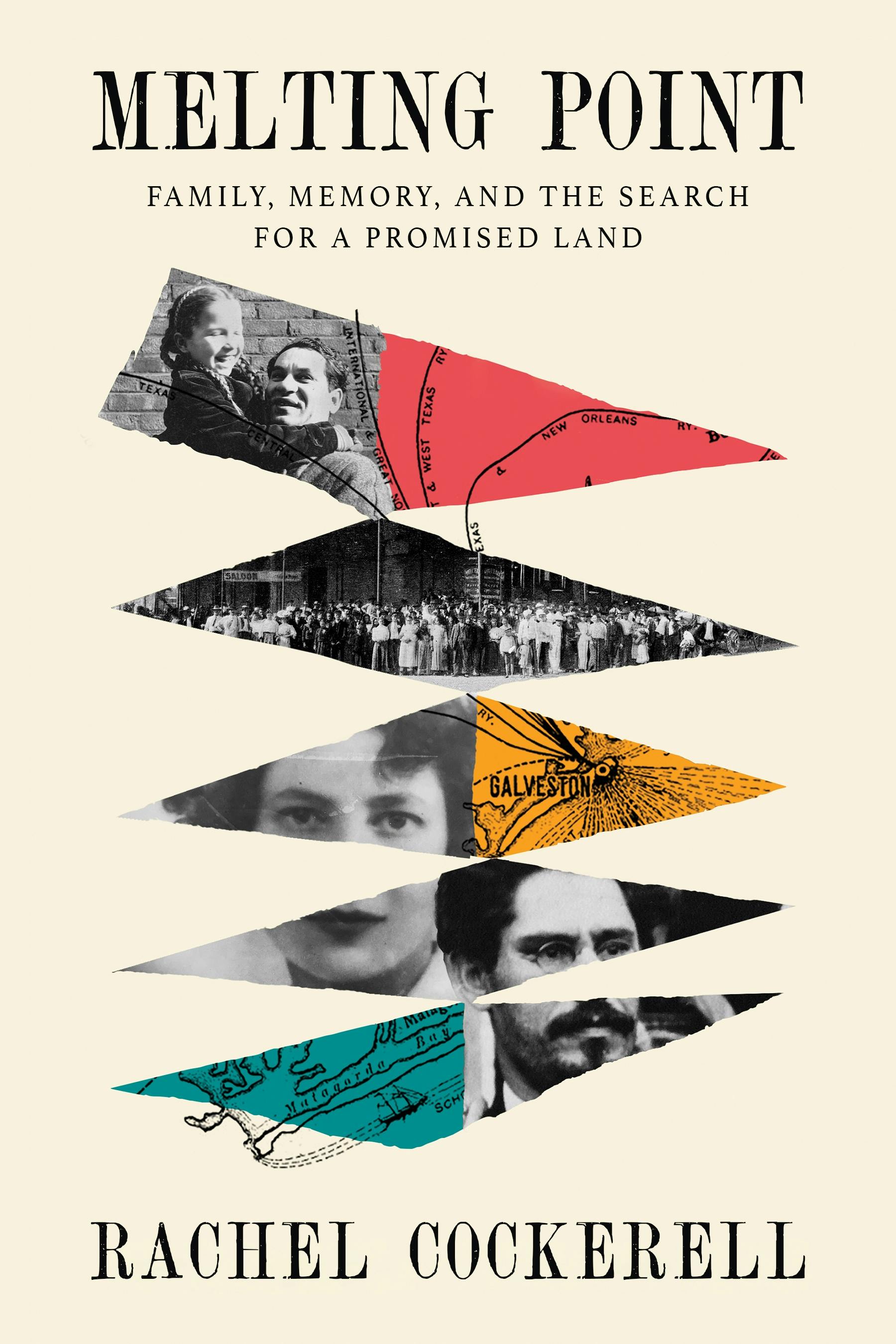To restore the dead to life: that is the prerogative of gods, but also the purview of historians. The past, too, is a valley of dry bones, its inhabitants permanently silent, its artifacts scattered and bleached to bareness. Those who manage to make it vivid again are praised in the language of miracles: they “bring history to life,” they “resurrect” a bygone era. On the page, such revivification generally takes familiar forms—meticulously researched nonfiction, doorstopper biographies, the occasional stellar work of historical fiction.
But now comes the British writer Rachel Cockerell, raising up a vast multitude of the dead in her dazzling début work, “Melting Point” (Farrar, Straus & Giroux), a book unlike any of those, and unlike anything I’ve ever read. At the heart of her tale lies an early-twentieth-century initiative that was undertaken with absolute earnestness at the time but seems almost farcical today: a multicountry effort to redirect America’s enormous influx of Jewish immigrants from Ellis Island to Galveston, Texas. So overlooked and enticing is this historical episode that even a workaday writer could make hay with it, but Cockerell is not a workaday writer. In fact, on the evidence of “Melting Point,” it’s not clear whether to call her a writer at all, although her book does boast a lucid and compelling preface and afterword. In between, however, it is composed entirely of primary sources, which talk to, argue with, and jostle against one another without authorial interruption for three hundred and forty-five pages.
This experiment could have gone wrong in any number of ways—by seeming contrived, by seeming disjointed, by imposing on its readers the irksome requirement of tracking which voice is saying what across two continents and the better part of a century. Instead, improbably, it goes exactly right. That is partly because of the thrill of eavesdropping directly on the past; stripped of any post-facto commentary, the characters and events in these pages feel startlingly present, in both senses of the word. But the book also works because only so vast a chorus of voices could do justice to the larger story that “Melting Point” is telling, one that has always been morally complicated and seldom more so than today: the history of an imperilled and exiled people and their courageous, visionary, blinkered, desperate, desperately catastrophic effort to find a place to call home.
